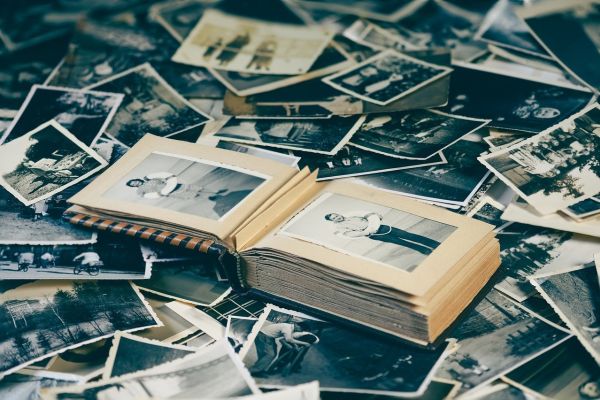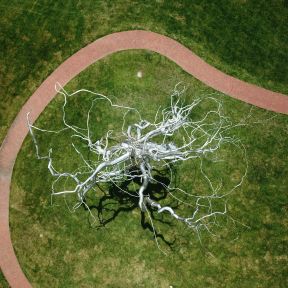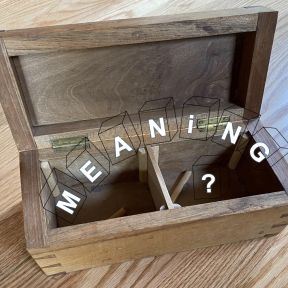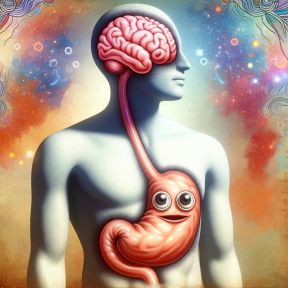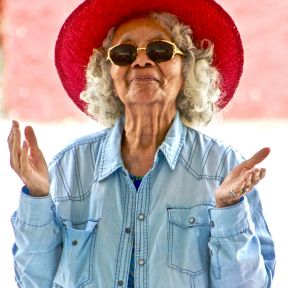Personal Memories and Nostalgia
When an individual reflects on who she is, she may think about the characteristic ways she behaves, her career, her closest relationships and what they mean to her, and her goals and motivations. All of these elements of her psychological self-portrait have roots in the past. They are grounded in the memories of past decisions and reactions, setbacks and accomplishments, moments of love or inspiration, and more.
Memory allows us to know ourselves—to develop a sense of who we are, what our lives are like, and why—based on facts and impressions gathered throughout our lives to date. It is fundamental to a rich sense of self that stretches back to our first years and forward into the future.
Autobiographical memory is a broad category of memories related to a person’s own life. This complex body of information can range from basic details about one’s past to vivid impressions of significant personal experiences. Together, they form a person’s internal life story.
Autobiographical memory includes memories of specific, personally experienced events, such as meeting a friend on the first day of high school, as well as experiences on a more general level (going to parties in high school). It also includes straightforward factual details about one’s life—such as what school one went to, and when—and other memories about oneself in the past, like how one tended to behave as a teenager.
The collection of memories about one’s life allows for the development and refinement of a sense of self, including who one is, how one has changed, and what one might be like in the future. It allows a person to identify connections between personally relevant events across time (and between those events and one’s sense of self), but also significant changes—all of which can be sources of meaning. The life stories people develop based on autobiographical memory also become a way to communicate who they are to others.
Autobiographical memory, in the sense of memories woven together into a life story, appears to emerge during the preschool years and develop through childhood. Children become increasingly able to organize memories in terms of when they were formed and how they relate to each other. In adolescence, research suggests, they become able to describe how their memories (of how they behaved in a past situation, for example) connect to their own personalities. While autobiographical memory draws heavily on personal experience, it is also fed and influenced by social interactions with parents, friends, and others.
Episodic memories, which are memories of personally experienced events, form an important part of autobiographical memory. But autobiographical memory also includes other kinds of memory about one’s life, such as the memory of one’s name, birth date, and countless other factual details, and memories of the personal past that are not tied to a particular time and place.
While people often deliberately call up memories of their past experiences, they often pop into consciousness unexpectedly. In such instances, they are described by some experts as involuntary autobiographical memories (IAMs). IAMs may be triggered by a sensory cue, such as a distinctive smell, sound, or image, that one associates with a past experience.
While most people don’t remember much from the first years of childhood, the memories that remain can be vivid and personally meaningful. These earliest long-term memories, which often date back to the preschool years, help make up the beginning of our autobiographical memory. Yet well before these lasting memories are formed, babies' brains retain information learn from the world around them.
The fourth year of life (specifically ages 3 to 3-and-a-half) is the window to which which adults trace their earliest memories, research suggests—though there is some evidence that people tend to misdate these memories and that they may actually be formed somewhat earlier. There is variation between individuals: Some people claim first memories from age 2, while others’ earliest memories are from later in childhood. The average age of earliest memories may also vary somewhat across cultures. The relative lack of memories from early childhood is called childhood amnesia or infantile amnesia.
The earliest memories that people recall can be about a range of experiences, from playing with friends, to negative events, such as the memory of an early accident. First memories are often based on emotional experiences. Early memories that are connected to a specific time and place and have a clear theme may also be more likely to be retained.
Memory begins in the first year of life, though memories seem to be relatively time-limited until the end of the second year. Infants show recognition of familiar images, for example, and the ability to remember and imitate simple physical actions, and the durability of these memories increases with age. By the end of the second year of life, research indicates, toddlers are able to remember learned actions after a delay of up to 12 months.
Emotion is a powerful force for sealing experiences into memory, and some of the most important parts of our life stories are memories of emotionally-intense experiences. Moments of ecstasy, awe, or tranquility may loom large in our library of personal memories, as do the times we felt unprecedented shock or fear. Remembering the past surfaces both positive and negative feelings—and nostalgia, the longing for a fondly remembered past, can involve a blend of both.
Many memories of past experiences include potent impressions of the fear, anger, sadness, excitement, joy, or other emotions a person felt at the time. Emotional experiences generally seem more likely to be remembered and may constitute important parts of one’s autobiographical memory. The “emotional enhancement” of memory may have evolved in part because it helps to preserve information that is useful for future behavior (for instance, knowing that a particular person or thing poses a threat and should be avoided).
Nostalgia is a longing for the past, an experience often described as bittersweet. People may experience nostalgia when they think back to a carefree moment in youth, a fondly remembered relationship that ended, the beginning of a career or other endeavor, or any other experience or time period that seem to positively contrast with the present in some way.
Whether nostalgia is beneficial, and to what extent, has been debated. Some psychologists have argued that nostalgia can have positive effects such as boosting mood and a sense of optimism, and that it can help people cope with loneliness and other aversive experiences. Yet recent research suggests that in day-to-day life, spontaneous instances of nostalgia may not tend to make people feel better. The emotional impact of nostalgia might depend on the way in which one thinks about the past.
Particular smells or tastes, songs from the past, objects, times of year, feelings, and many other kinds of cues can whisk someone away into nostalgic reminiscence. People may be more likely to experience nostalgia when they are in a relatively low mood, as well as when they are with loved ones or while using social media, contexts which may provide many of the above-mentioned cues.
Flashbulb memories are based on emotionally stirring personal experiences of distinctive events, such as national tragedies. Personal memories of these shocking events often remain vivid long after they are created and may stand out as landmarks in one’s autobiographical memory.


